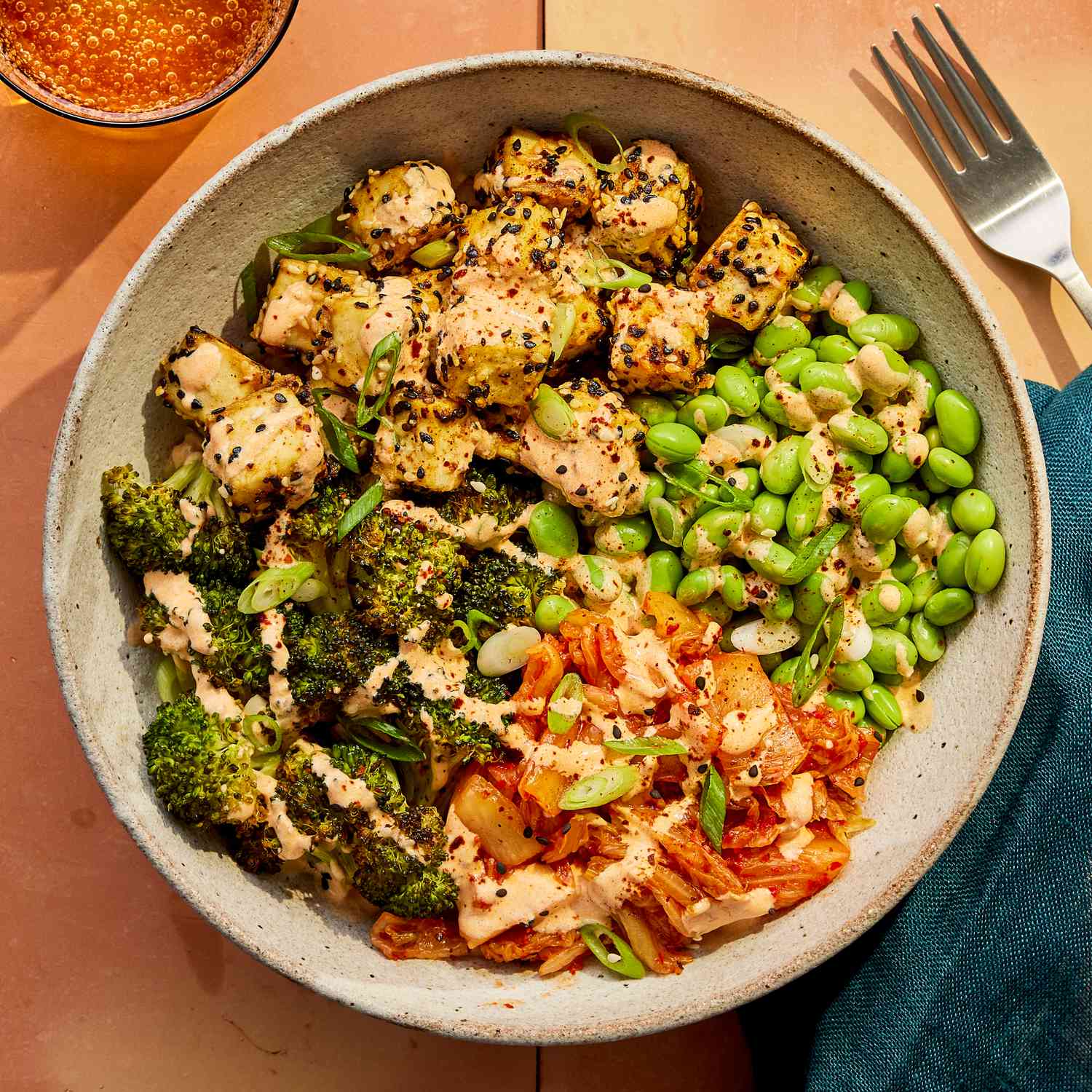Healthy eating is the very bedrock of fitness, the baseline for good health. It goes without saying that without prioritising what’s on your plate, any fitness or weight loss journey becomes unsustainable and superficial. But what truly constitutes healthy food? With every brand and influencer sharing their two cents on what ‘healthy eating‘ means, it’s time to cut through the noise and get the basics right.
In an interview with HT Lifestyle, Dr Asit Khanna, principal consultant and director, Cath Lab and Cardiology, Yashoda Super Speciality Hospitals, Kaushambi, shared how to correctly approach healthy eating.
What constitutes healthy food?

Dr Khanna shared what constitutes healthy food. He said, “Healthy food provides the essential nutrients your body needs to function at its best. It’s recommended to consume at least five servings a day, incorporating different colours and types for a wide range of benefits.”
He shared these 4 basic categories of healthy food:
1. Fruits and vegetables:
- Rich in vitamins, minerals, and fibre.
- Aim to eat at least five servings of fruit and vegetables every day.
- Choose a variety of colours
2. Whole grains:
- They are a source of fibre, vitamins, and minerals. Provide sustained energy and help you feel full for longer.
- Choose whole-grain bread, pasta, and rice over refined grains.
3. Lean protein:
- It is essential for building and repairing tissues.
- Choose lean proteins such as chicken, fish, beans, and lentils.
4. Healthy fats:
- Found in nuts, seeds, and avocados.
- Helps to reduce inflammation and the risk of heart disease. But don’t mistake them with other unhealthy fats; avoid trans fats and saturated fats.
Healthy eating is not solely about choosing nutritious foods. It’s a deep behavioural change that requires you to change the relationship you may have with food, building more mindful habits. Dr Khanna shared these six healthy eating tips on a day-to-day basis:
- Plan meals ahead of time.
- Read food labels to understand nutritional content.
- Choose whole foods over processed foods.
- Cook at home using fresh ingredients.
- Limit sugary drinks and snacks.
- Drink plenty of water
How to avoid mindless snacking?

Now that you are well aware of the general modifications you can bring to your routine, let’s take a closer look at a habit that often derails your diet, snacking. Whether you are hungry or not, snacking commonly feels instinctive or driven by boredom. It can be time-based, like craving a savoury snack the moment the clock strikes five, or place-based or place or boredom-centric, like sudden cravings on a road trip that make you stop at every convenience store or roadside stall. To address this, embracing a mindful munching habit is the way forward.
Dr Khanna suggested these 5 tips that help in curbing mindless snacking:
- Pause and reflect. Before reaching for a snack, take a deep breath and assess your hunger level. Are you truly hungry, or is it a response to boredom or stress?
- Savour flavours and appreciate every bite. Engage your senses while snacking. Take time to truly savour flavours, textures, and aromas.
- Nutrient-dense snack ideas. Make your mix by combining nuts, seeds, dried fruits, and maybe some dark chocolate. This provides a perfect balance of healthy fats, protein, and natural sweetness
- Portion Control is important. Always go for quality over quantity.
- Hydrate well, as it supports digestion.
How to not fall into the trap of fad diets?

Many fad diets circulate on social media, where certain ingredients are spotlighted or peculiar diets are endorsed by influencers and celebrities, all aimed at promising effortless fitness. While a fad diet may seem like a shortcut, by cutting out entire food groups, it comes with serious consequences, both mental and physical.
One of the most overlooked side effects of fad diets is their impact on mental health. The constant emphasis on dramatic before-and-after transformations can distort body image and create unrealistic expectations. What this does is distort body image, developing unrealistic expectations.
Dr Khanna added, “Fad diets put too much emphasis on appearances. Constantly weighing yourself, comparing yourself to others, and feeling like you’re not doing enough can severely damage self-esteem.”
He shared the main essentials when it comes to fad diets on the internet, explaining the drawbacks and how to spot fad diets:
Drawbacks of fad diets:
- Unrealistic expectations create false hope for quick weight loss. These are not realistic and overlook long-term health.
- Expensive, it may put additional strain on the pocket.
- Can lead to nutrient deficiencies and health problems
- Causes the yo-yo effect and psychological strain. Once the diet ends, people revert to old eating habits, which can lead to regaining the lost weight, sometimes gaining even more. Weight fluctuations put strain on metabolism and impact mental health.
How to spot fad diets:
- Claiming fast and easy weight loss.
- Eliminates food groups or ‘bad’ foods, like carbohydrates.
- Requires purchase of supplements labelled as fat burners, metabolism boosters, or weight loss aids.
- Highlight very specific foods.
- Doesn’t require exercise.
- Has rigid rules to follow.
- Makes claims on a single study or testimonials.
Note to readers: This article is for informational purposes only and not a substitute for professional medical advice. Always seek the advice of your doctor with any questions about a medical condition.


